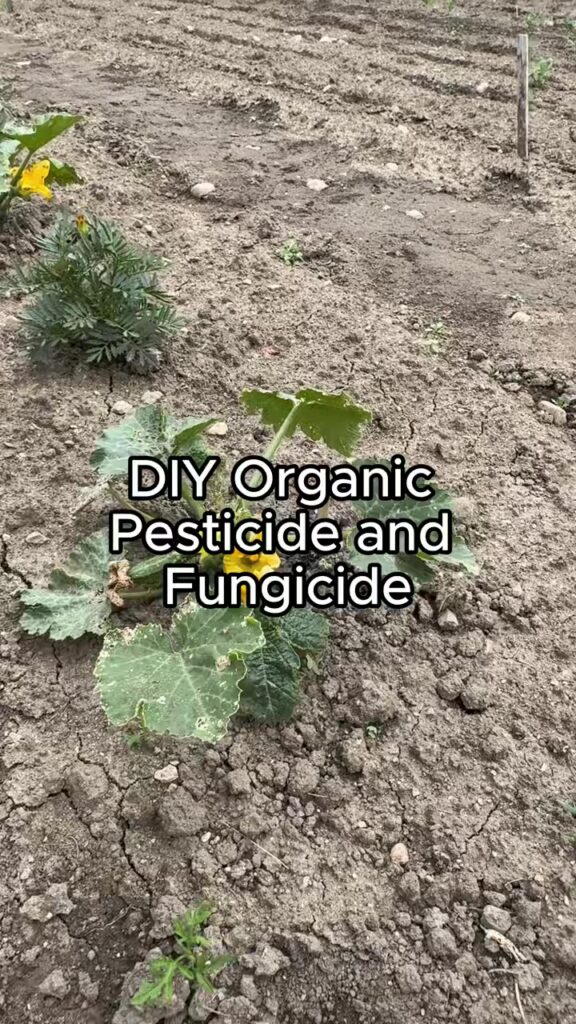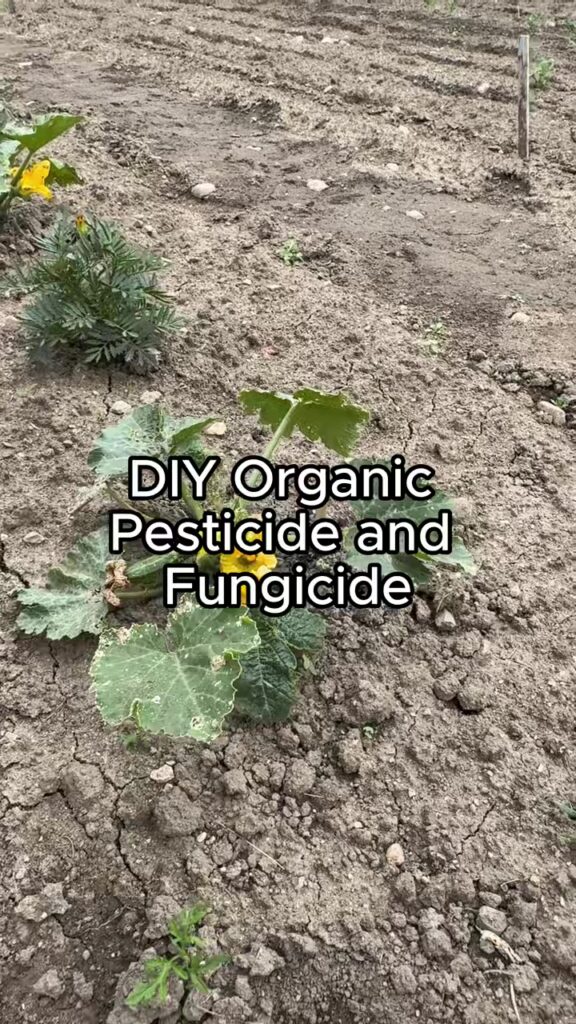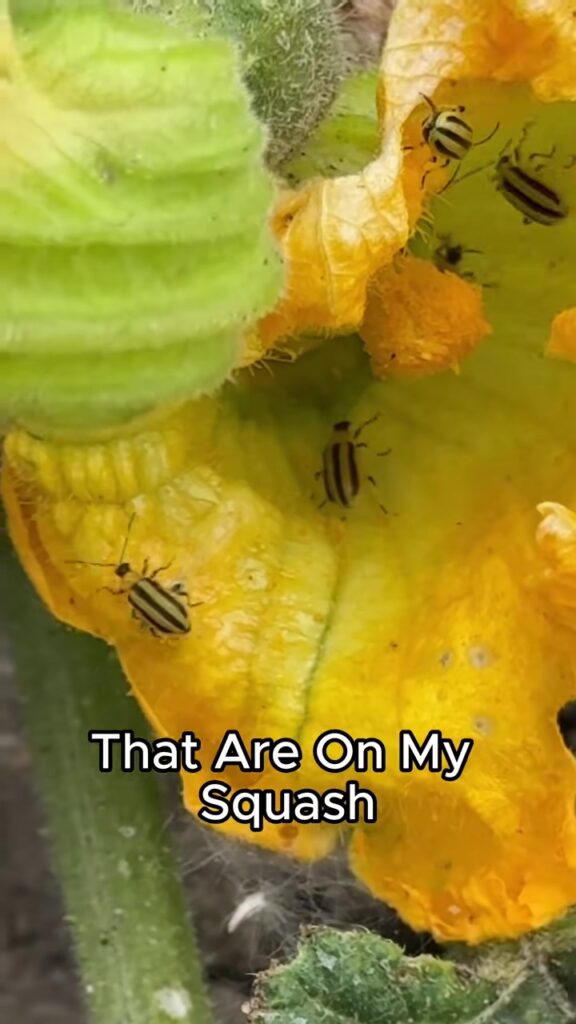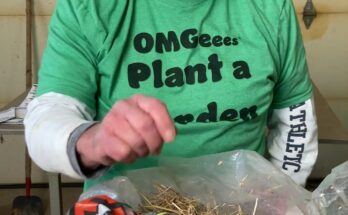In recent years, gardeners and farmers alike have been shifting toward more environmentally conscious practices, and organic fungicides and pesticides have become a cornerstone of this green revolution. These natural solutions offer a safe and effective alternative to synthetic chemicals, helping to protect plants from harmful fungi, insects, and diseases without damaging the surrounding ecosystem. By using organic products, growers can preserve biodiversity, protect pollinators like bees and butterflies, and grow healthier food.
What Are Organic Fungicides and Pesticides?
Organic fungicides and pesticides are substances derived from natural sources such as plants, minerals, or beneficial microbes. They are designed to control or eliminate pests and plant diseases while minimizing harm to humans, animals, and beneficial organisms in the environment. Unlike synthetic chemicals, organic alternatives break down more quickly in nature and are less likely to cause long-term soil or water contamination.
Organic fungicides are used to treat plant diseases caused by fungi, such as powdery mildew, rust, and blight. Common examples include copper-based sprays, sulfur, and baking soda solutions. Organic pesticides, on the other hand, are used to deter or kill insect pests like aphids, caterpillars, mites, and beetles. These can include neem oil, pyrethrum, insecticidal soaps, and garlic or chili sprays.
Benefits of Organic Alternatives
- Environmental Safety: Organic fungicides and pesticides degrade quickly, reducing the risk of polluting water sources or harming non-target species.
- Healthier Soil: Natural products support soil microbial life rather than destroying it, which contributes to long-term soil fertility.
- Safe for Humans and Pets: With lower toxicity levels, organic products are generally safer to use around children and pets.
- Support Biodiversity: Beneficial insects such as ladybugs, lacewings, and predatory wasps are often spared when organic treatments are used, promoting a natural balance in the garden.
Popular Organic Ingredients
- Neem Oil: Derived from the neem tree, this oil disrupts insect life cycles and also has mild fungicidal properties.
- Diatomaceous Earth: A natural powder made from fossilized algae that damages insect exoskeletons, leading to dehydration and death.
- Bacillus thuringiensis (Bt): A naturally occurring bacteria effective against caterpillars and other leaf-eating larvae.
- Horticultural Oils: Lightweight oils that smother soft-bodied insects and prevent fungal spores from germinating.
- Compost Teas: Liquid extracts from compost that introduce beneficial microbes to outcompete harmful pathogens on plant surfaces.
Best Practices for Use
For organic solutions to be effective, they must be used correctly. Application timing is crucial—early intervention typically yields better results. It’s also important to understand the specific pest or disease affecting the plant to choose the most appropriate remedy. Moreover, regular garden maintenance such as pruning, crop rotation, and proper spacing can reduce the likelihood of infestations or fungal outbreaks.
Conclusion
Organic fungicides and pesticides offer a sustainable solution for managing garden pests and diseases. By turning to nature-based products, gardeners not only protect their crops but also contribute to a healthier planet. Whether you’re growing vegetables, flowers, or fruit trees, integrating organic pest management into your routine is a smart and responsible choice for the future.
















Your articles are extremely helpful to me. Please provide more information! http://www.hairstylesvip.com